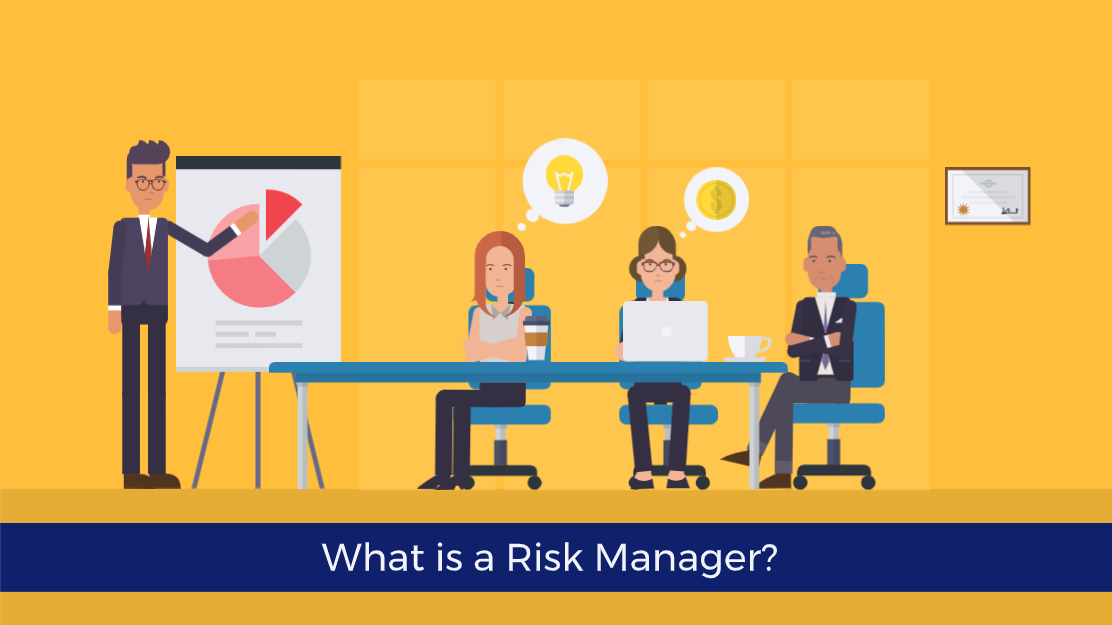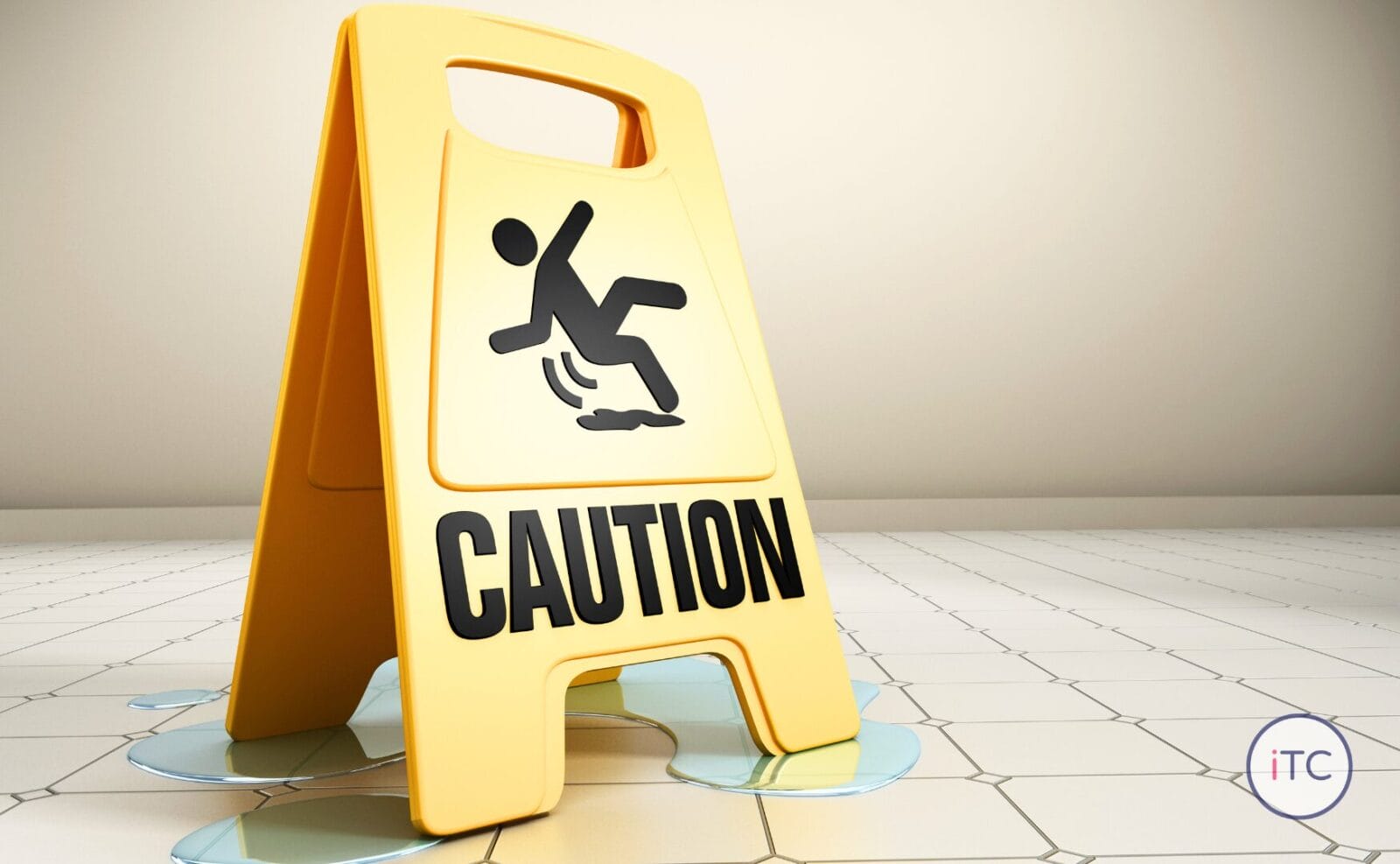Interested in a career as a Risk Manager?
Want your family and friends to finally know what you do for work?
Risk Manager explained
A risk manager is someone who works with an organization to identify, assess, reduce, and control potential outcomes for a company. Risk managers can work internally as an employee or as an external consultant.
What does a Risk Manager do?
A risk manager reviews a company or organization’s risk profile to determine financial, safety, or security risks. First the board of directors sets the risk tolerance, then risk managers define the implementation procedures and processes for avoidance strategies or mitigation plans, such as insurance, to reduce impact.
Typically, these professionals work with all departments within the organization. They rely heavily on the front-line staff and different departments, as they are the “experts” in their daily work.
Risk managers regularly facilitate discussions with the organization about ways to improve to the current risk management plan and for adjustments to factors that may change the organization’s risk profile. (see loss prevention)
A risk manager must work within budget constraints, which can influence the overall strategy. Risk managers often create training and development programs to reduce a company’s exposure to risk. Many organizations have gaps in training and development that require the expertise of a risk manager to fill.
What risks do they manage?
Organizations face many types of risk, which can affect the financial well-being, security & safety of employees and customers, and overall health of the business. To name a few:
- Compliance: exposure to company losses from failure to obey regulatory or legal requirements. Despite the intention to follow the rules and regulations, management failures can take a company off the rails.
- Workplace health and safety: employee and contractor’s injury on the job or on the organization’s site.
- Security and fraud: all companies are exposed to fraud from third parties or employees.
- Information security systems: companies are increasingly penetrated through cybersecurity breaches.
- Reputational: people buy from companies they trust. Incidents negatively impacting reputation have the potential to erode a company’s brand, social license, and market share, which impact revenue.
Career options and progression
A career in risk management would appeal to an individual who enjoys collaborative work and developing holistic business solutions. Senior professionals work at a strategic level with company executives and the board of directors to create a risk profile based on the risk appetite of a company. Typically those risk managers with a diverse educational and experiential background are more successful.
Risk management professionals enjoy working with and honing the following skills:
- Analytical skills
- Commercial and financial acumen
- Numerical skills
- Planning and organizational skills
- Ability to understand broader business issues
- Communication and presentation skills
Entry-level positions typically require applicants to have a bachelor’s degree in business, finance, or a risk management program. Mid-career professionals usually come from insurance or financial institutions and have supporting risk management certifications. (Read an article on risk management study programs).



















